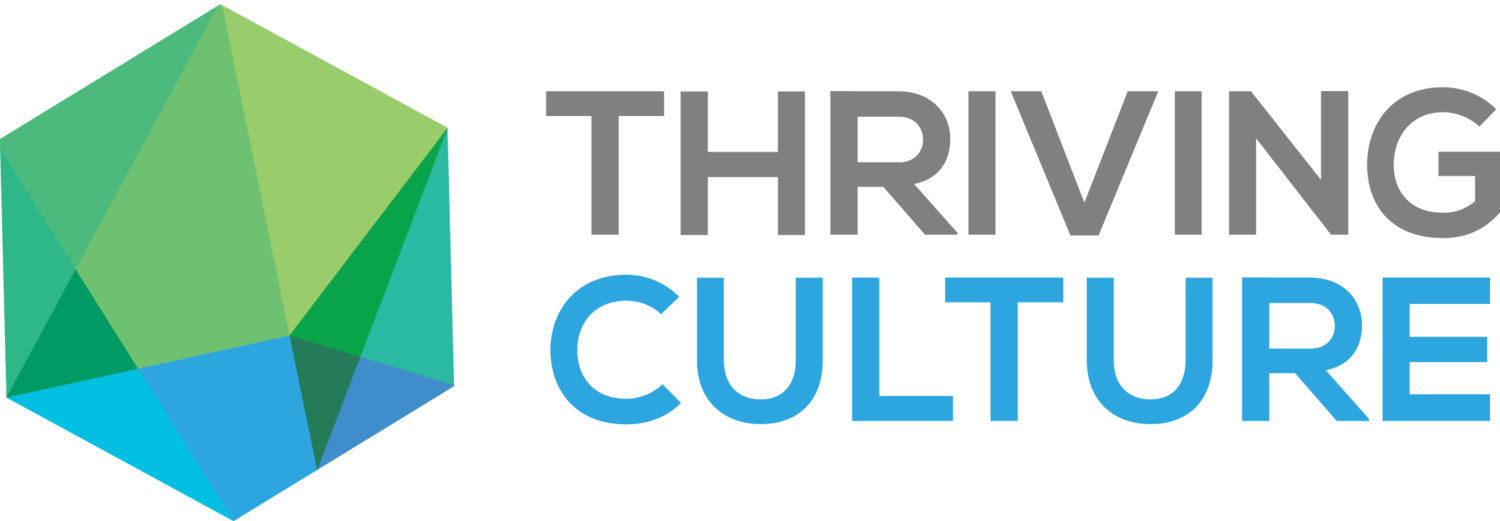Automating HR with Integrity: Keeping Humanity in the Loop
The System That Burned Itself Out
By 2025, HR had quietly become the most overworked department in the nonprofit world. Everyone was talking about burnout, but no one was asking why the system itself kept burning people out. The irony? The software was supposed to help.
Spreadsheets tracked every absence, platforms pinged with wellness reminders, and still, the people who managed those systems were collapsing under the weight of manual empathy. The software tracked vacation days. No one in HR ever took one.
Maya, the HR director of a mid-sized health nonprofit in Oregon, summed it up perfectly:
“I had seven tools open just to hire one person, and not one of them helped me think.”
Then came the experiment. An agentic AI workflow was added quietly to her daily operations, a system that could draft onboarding materials, monitor compliance checklists, and sync candidate data between Gusto, QuickBooks, and Google Drive.
Two months later, Maya’s email load dropped by 40%. But something more interesting happened: her tone changed. She was laughing again in meetings. She’d stopped apologizing for not being caught up. Automation hadn’t made her less human; it had given her back her humanity.
When the System Starts to Care
Across the country, dozens of nonprofits are testing lightweight AI automations inside HR not as replacements for judgment, but as infrastructure for compassion.
A few examples, drawn from recent consulting work:
1. “The Hiring Highway.”
A youth development nonprofit in Texas built a workflow that automatically created candidate folders, populated interview scorecards, and nudged panelists for feedback. The result? A 52% faster hiring cycle and less bias in decision-making, because more staff actually completed evaluations.
2. “The Listening Loop.”
A mental health coalition in New England integrated AI transcription tools for exit interviews, flagging patterns around burnout and workload before they became crises. The insight didn’t come from automation; it came from what automation revealed.
3. “The Automation Overdose.”
And then, the cautionary tale. A midwestern arts organization automated every internal communication: Slack greetings, thank-you emails, and even birthday notes. Within weeks, morale plummeted. Someone finally said it:
“No one has actually said ‘thank you’ to me in a month.”
The AI wasn’t the problem. The absence of discernment was.
The Science Behind the Soft Stuff
Harvard Business Review found that employees are 1.9 times more likely to stay when they feel recognized and supported, not just paid.
Meanwhile, a 2024 Deloitte study revealed that over 60% of HR professionals spend more than half their week on repetitive data tasks, leaving little time for relationship-building.
Agentic AI, the kind that can act across tools, doesn’t just automate clicks. It creates what MIT calls “cognitive slack”: mental breathing room for strategic empathy. When Maya stopped reconciling time sheets manually, she finally had time to mentor a junior HR associate. That’s not just efficiency, that’s human capacity reborn.
The Ethics of Delegation
Automation doesn’t absolve responsibility; it redistributes it. And that redistribution must be ethical.
At Thriving Culture™, we coach organizations to design “Culturally Intelligent Automations” workflows built with three principles:
Transparency: Everyone knows what’s automated and why.
Consent: People understand where their data goes and how it’s used.
Reflection: Teams pause quarterly to ask, “Is this still serving our people?”
These are not just good practices, they’re leadership practices.
A Moment of Reflection
If you work in HR, take a look at your last week’s calendar. How many hours were spent listening versus clicking? That ratio tells the story of your culture. Automation done right doesn’t replace empathy; it restores it. It makes the invisible work visible: the coaching, the listening, the soft-spoken moments that keep organizations human. Finally, space to breathe.
The Future of HR is Relational, Not Robotic
Automation can’t hold someone’s hand, but it can clear the desk so you can. That’s the point, not to replace the heartbeat of an organization, but to make it audible again. The most advanced systems in the world can only serve leaders wise enough to stay human.
Ready to Build Your Human-Centered HR System?
Join the movement toward agentic, ethical, and culturally intelligent workplaces.
Start exploring how ThrivingCQ™ can help your team automate with integrity and lead with heart.
